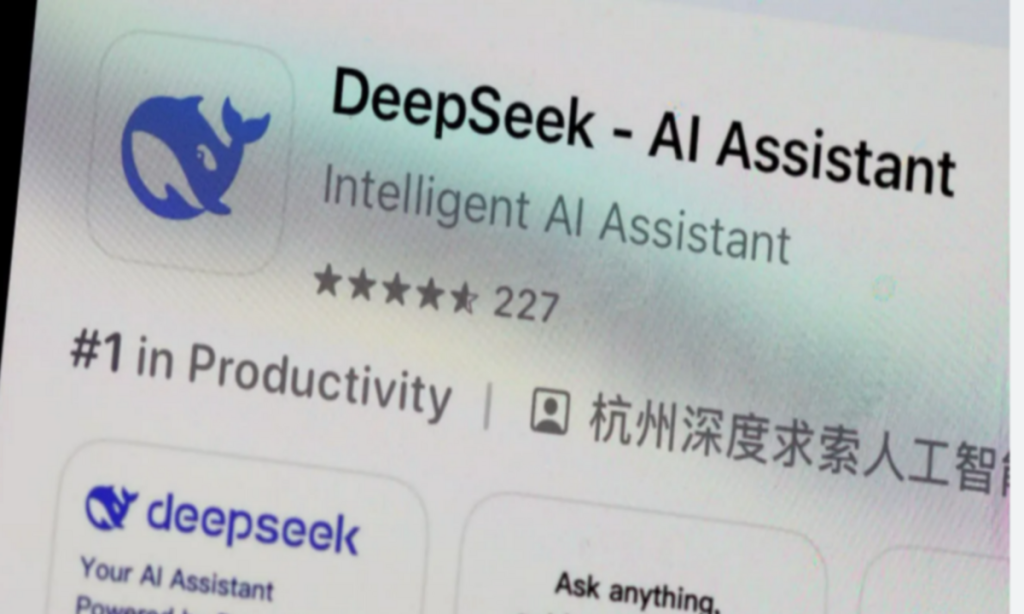Chinese AI startup DeepSeek is shaking up the global tech scene, raising concerns among U.S. lawmakers and experts. The company has questioned the effectiveness of U.S. trade restrictions designed to limit China’s access to advanced technology. DeepSeek’s rapid rise and reliance on open-source AI models make it a unique challenge for American policymakers to address.
DeepSeek’s Success Despite U.S. Restrictions
DeepSeek, based in Hangzhou, has achieved significant breakthroughs despite U.S. export bans on advanced Nvidia chips. The startup revealed that it developed its latest AI model using the less-powerful Nvidia H800 chips before the U.S. expanded its restrictions in October 2023.
The company claims to have created an AI model in just two months at a fraction of the cost incurred by other major tech firms. Its reasoning model, launched recently, reportedly outperforms leading AI tools, including those from OpenAI, in third-party tests.
DeepSeek’s AI chatbot has already become the most downloaded free app on Apple’s App Store in the U.S., highlighting its popularity and global reach.

Open-Source Tech: A Double-Edged Sword
DeepSeek relies heavily on open-source code, making it difficult for the U.S. government to enforce export restrictions. According to Lawrence Ward, a national security lawyer at Dorsey & Whitney, imposing penalties for using restricted Nvidia chips might be legally possible but practically challenging.
Experts like Paul Triolo of Albright Stone Group argue that restricting an open-source model is nearly impossible. Triolo suggests that the U.S. Commerce Department could consider measures like asking tech giants such as Apple and Google to remove DeepSeek’s app from their platforms. However, this would not prevent its availability on open platforms like GitHub.
Lawmakers and Experts Express Concern
On Monday, U.S. lawmakers referred to DeepSeek as a “serious threat” to national security. Representative John Moolenaar, chair of the House Select Committee on China, called for stronger export controls targeting technologies critical to DeepSeek’s AI development.
Former U.S. President Donald Trump called DeepSeek’s achievements “a wake-up call” for American tech companies. While he praised the cost-efficiency of DeepSeek’s model as a positive step for AI innovation, he also stressed the need for U.S. companies to reassess their spending on AI research and development.
DeepSeek’s low-cost approach has caused a ripple effect in the tech world, with U.S. investors questioning the billions of dollars being spent by major firms on data centers and AI models.
Cyberattacks and Temporary Restrictions
In response to a large-scale cyberattack on its platform, DeepSeek announced that it would temporarily limit new sign-ups to users with Chinese mainland phone numbers. The attack caused significant disruptions to its website and services.
What Lies Ahead?
Experts agree that the situation with DeepSeek represents uncharted territory for U.S. lawmakers. Triolo stated, “There are no easy solutions. Washington is navigating uncharted waters on many levels.”
While the U.S. continues to debate its response, DeepSeek’s rise highlights the growing global influence of Chinese AI startups and the limitations of traditional trade restrictions in a world increasingly driven by open-source innovation.
Disclaimer—Our team has checked this article to ensure its accuracy and eliminate any misinformation. We are committed to providing clear and reliable information for our readers.




